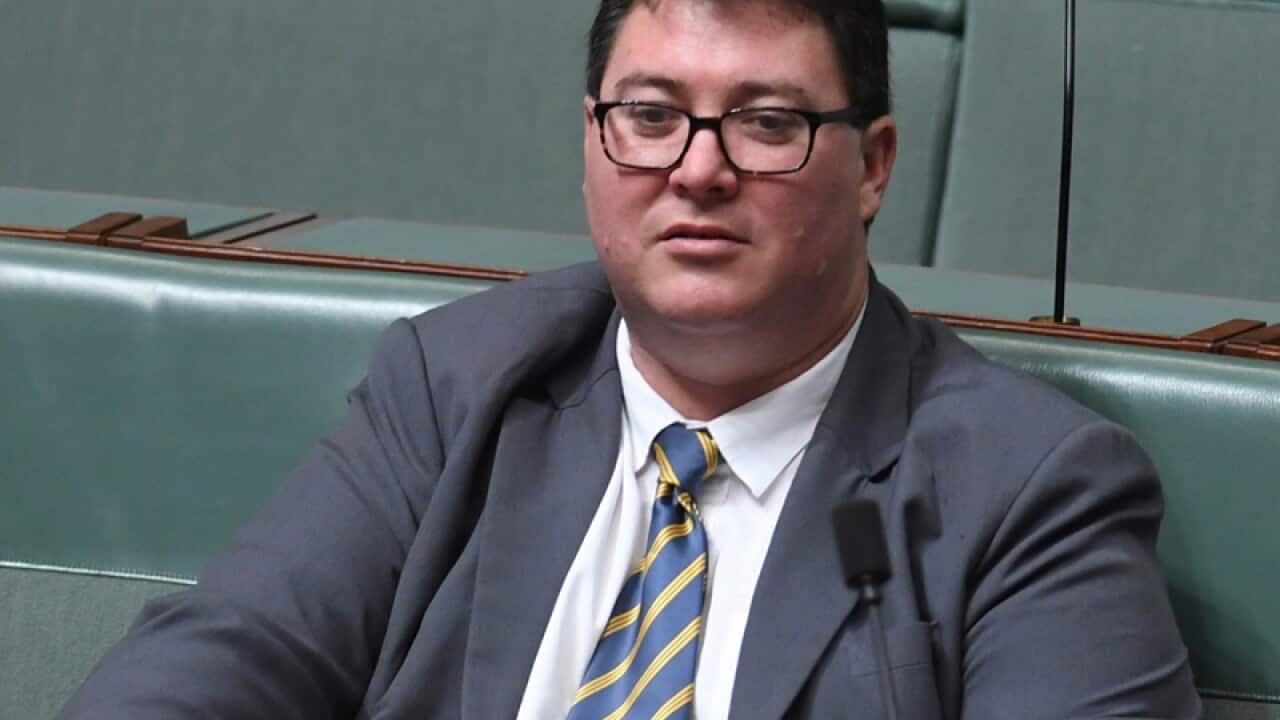Fast food, hospitality, retail and pharmacy workers will see their Sunday penalty rates drop by five percentage points on July 1.
But the full impact of the rate cut won't be felt until 2019 for some workers and 2020 for others.
The Fair Work Commission on Monday released its decision into the transitional arrangements for the Sunday penalty rate cut, which was announced in February.
Related reading

Nationals MP to make move on penalty rates
The commission found the existing Sunday penalty rates in the four industries "do not achieve the modern awards objective" and they overcompensate employees for Sunday work.
"Given this conclusion, we are not satisfied that it is appropriate to impose any further delay in the implementation of our decision," the commission's full bench said.
But the commission acknowledged cutting Sunday rates on July 1 meant employees would only have had four months notice.
"In these circumstances, it is appropriate that the first step in the transition be smaller than subsequent steps," it said.
Employment Minister Michaelia Cash said the "adjustments" levelled the playing field for Australia's small businesses, but they have been labelled appalling by opposition leader Bill Shorten.
The first cut will be five percentage points, with more significant cuts in 2018, 2019 for fast food and hospitality workers.
Retail and pharmacy workers will have their cuts phased in until 2020.
Public holiday penalty rates will drop 25 percentage points from July 1 for fast food, hospitality, restaurant, retail and pharmacy workers.
Dominique Lamb, the chief executive of the National Retail Association (NRA), said she was disappointed with the long transition period.
“Australian retailers are paying some of the highest wages in the world, and it’s often not viable to even open their doors on a Sunday because they can’t even cover the wages let alone turn a profit, and that doesn’t help anyone."
She added: "Four years is a really long time, and adds complexity to an already complex system."
The Australian Industry Group (Ai Group), which represents more than 60,000 businesses, said the decision was cautious but fair.
Ms Cash said the ruling would help thousands of small businesses open their doors.
"Throughout this process the Fair Work Commission has cited many examples of small business owners who work on Sundays for free, but would rather hire staff, or businesses that would provide services on Sundays but cannot because of penalty rate levels," she said in a statement.
But the cuts to penalty rates were criticised by Mr Shorten, who said they came at a time when wages were falling in real terms.
"The solution is simple – these cuts can be stopped if Malcolm Turnbull supports Labor’s legislation to do so."



